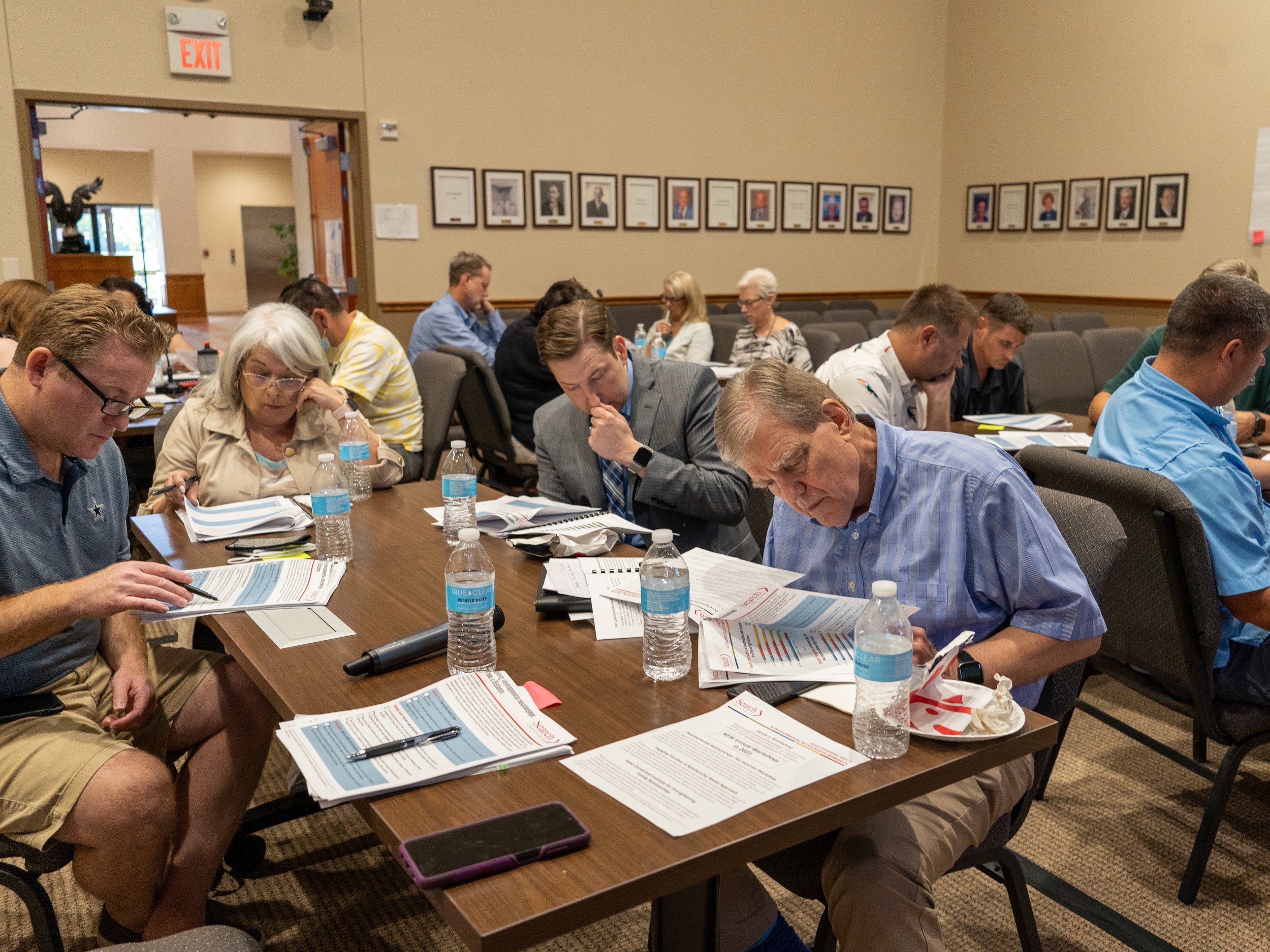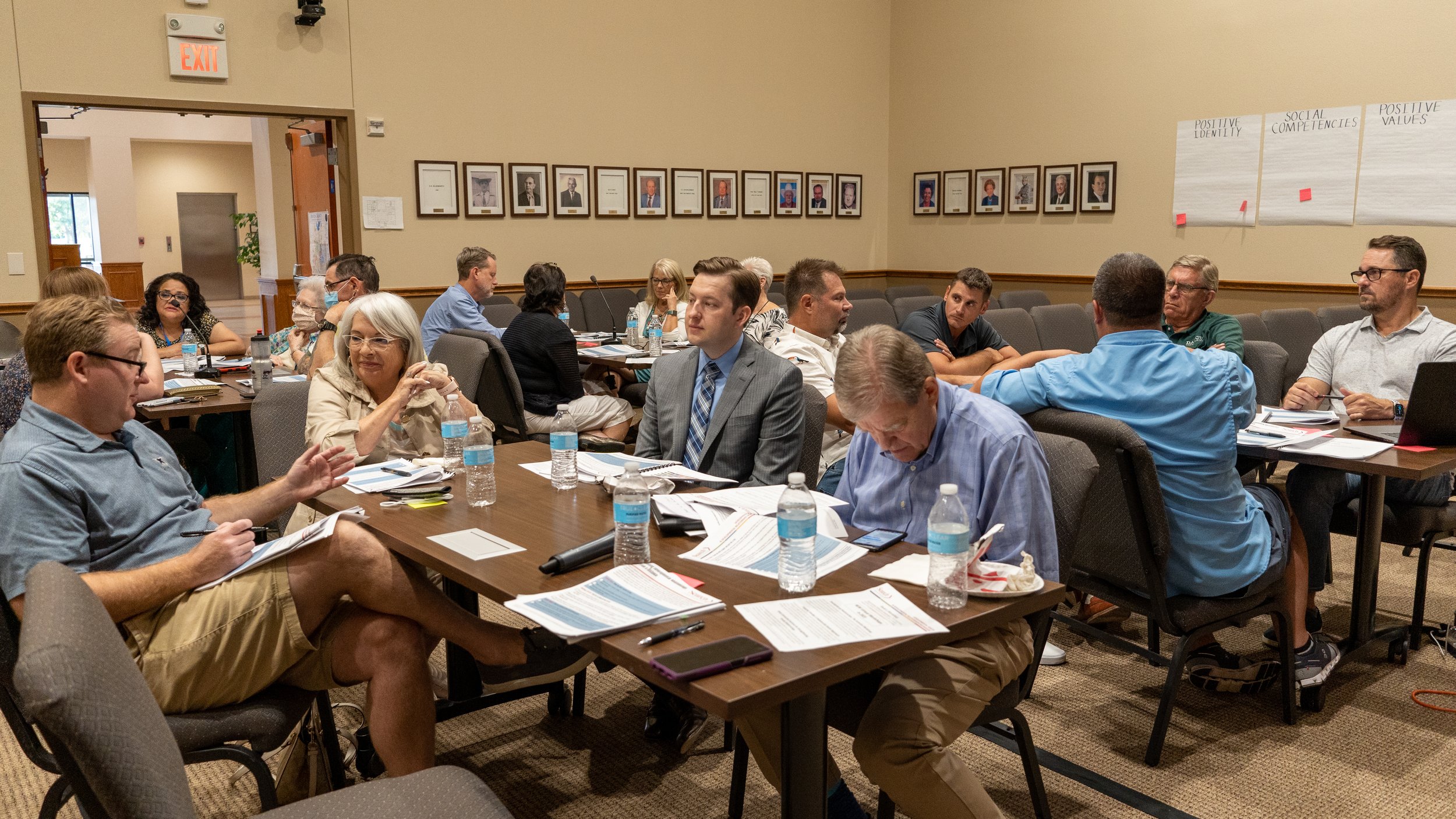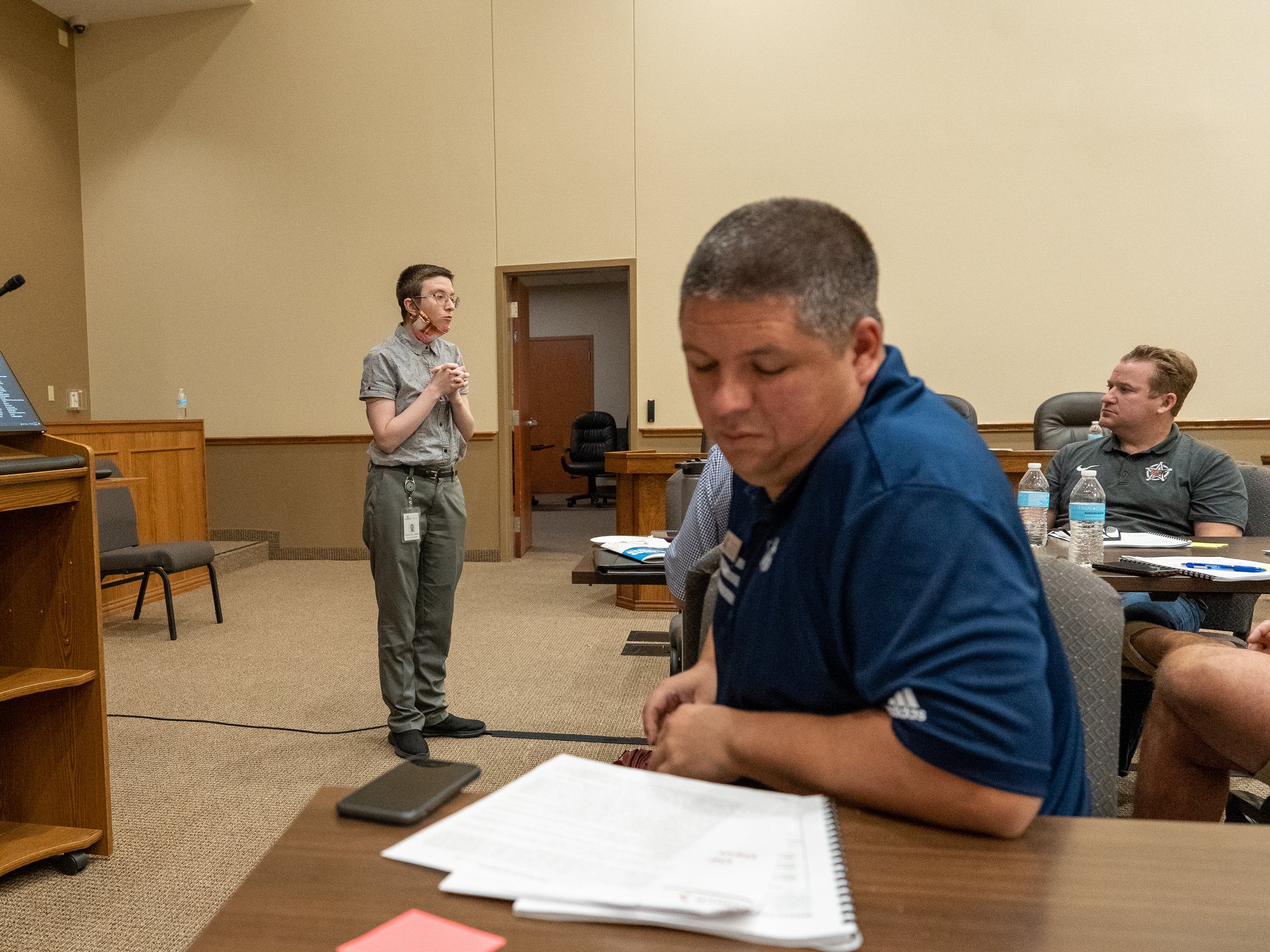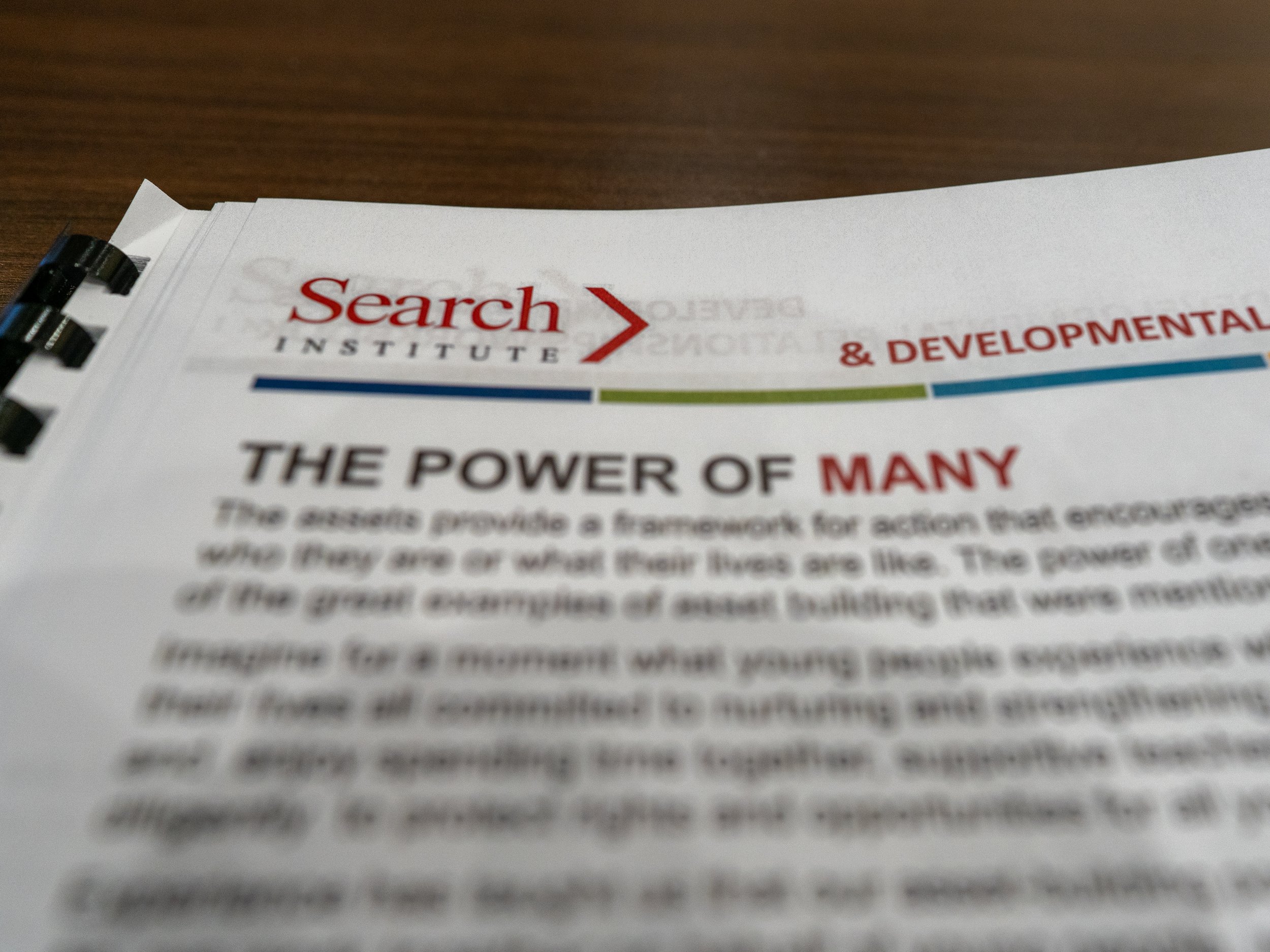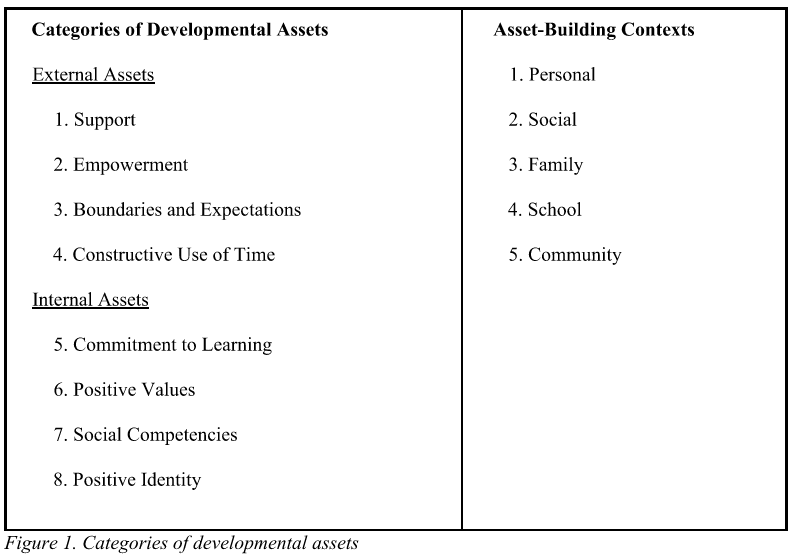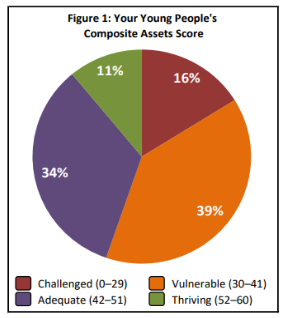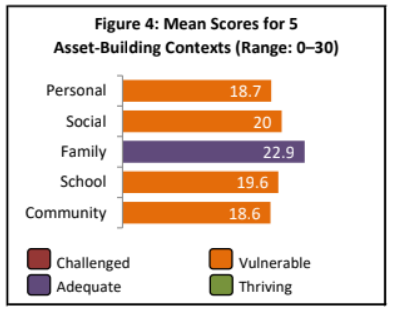
Survey Criteria and Highlights
In partnership with The Search Institute®, Lake Dallas ISD, and Denton ISD, we conducted a survey in May 2021 to help determine some of the most prominent needs of our community students. The survey was designed to capture which Developmental Assets participants tended to have and lack. The Assets were divided into eight categories (Support, Boundaries & Expectations, Empowerment, Social Competencies, Positive Values, Constructive Use of Time, Commitment to learning, adn Positive Identity). They were also divided into five asset-building contexts which are areas and situations where students have a chance to increase their number of assets.
These Contexts Are
Personal: Assets derived from internal strengths, beliefs, and motivations
Social: Assets derived from student’s peers
Family: Supports found from parents, siblings, extended family, and legal guardians
School: Strengths and supports students acquire from within their school walls
Community: Assets derived from the wider neighborhood and may include volunteering, places of worship, etc.

In total there were 771 students surveyed in May 2021. 718 of the survey responses were reliable enough to be included in the data report (the main reason surveys were dropped was that they were incomplete). Of the 718 surveys, 659 came from Crownover Middle School students, and the remaining 59 came from Lake Dallas High School. It is important to realize that the sample sizes (number of students surveyed) were small, especially when it came to the number of high school participants. This means that the results can help give a peek into what is happening, but care should be taken when trying to generalize potentially meaningful information.
In August 2021, a community workshop was held to discuss Developmental Assets and Developmental Relationships more in-depth. Attendees also discussed their observations relating to the data collected, current community needs, and ways that Lake Cities Focus could start approaching the issues presented.
Research highlights include:
The transition year between 8th and 9th grade can impact changing relationships with schools, teachers, and peer relationships which can cause dips in Development Assets/Developmental Relationships (DA/DR).
Younger students tend to have more DA than older students. High school students showed less assets than middle school students, especially when it came to external assets (potentially simply related to les accurate sample size)
The #1 category in need of growth was Positive Identity, which is typically correlated to gender. Females tend to possess less Positive Identity than their male counterparts.
The #2 category in need of growth was Commitment to Learning. This can sometimes correlate with gender, in which females may display slightly higher Commitment to Learning than their male counterparts. A noticeable trend was that the 6th graders surveyed showed higher school motivation than their 7th and 8th grade peers. The low Commitment to Learning score could be attributed to the effects of COVID including attending school online, experiencing weaker relationships with teachers, having fewer abilities to concentrate on schoolwork, being preoccupied with issues at home resulting from COVID, and other disruptions in normal education routines. The low scores could also be attributed to the fact that this test was administered at the end of the school year when students were wrapping up standardized testing and looking forward to summer vacation or graduating.
Another category in need of the most growth was Positive Values, which can include Caring, Equality and Social Justice, Integrity, Honesty, Responsibility, and Restraint.
The categories showing the most strengths were Support and Boundaries & Expectations, especially within Family contexts.






